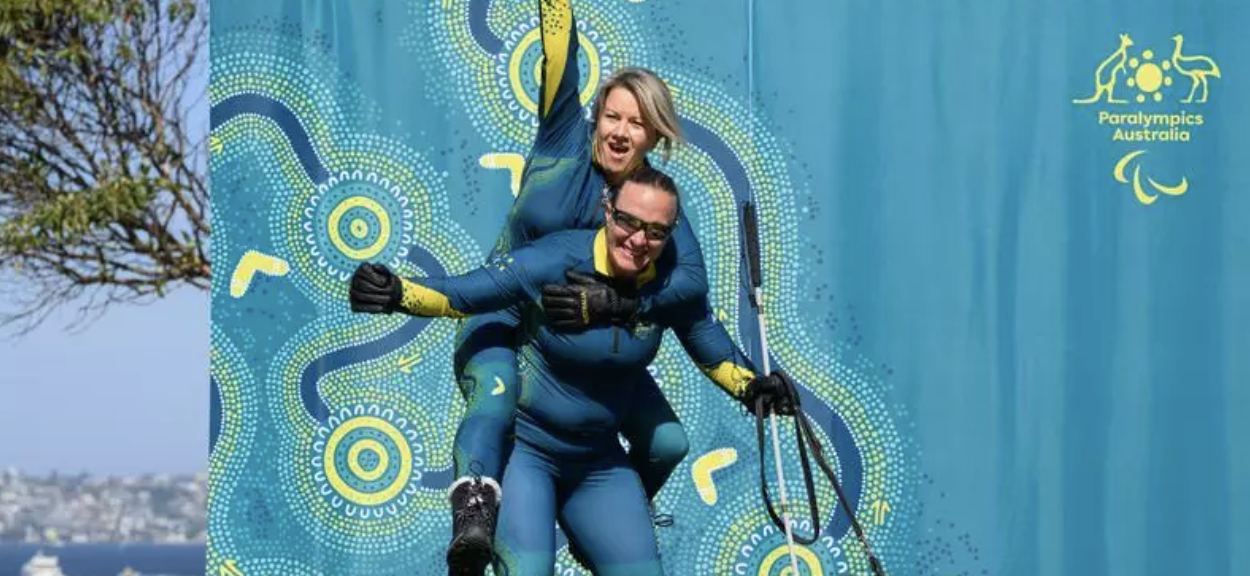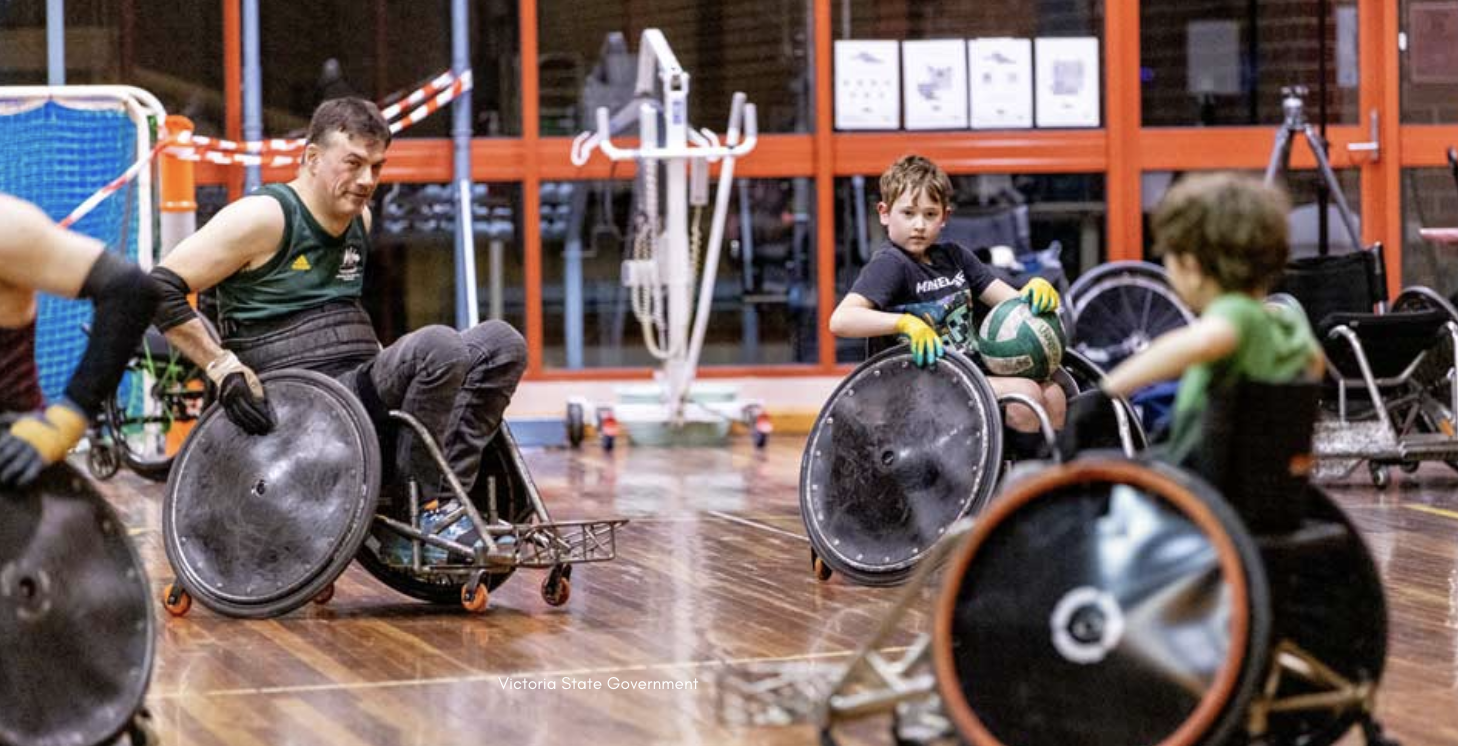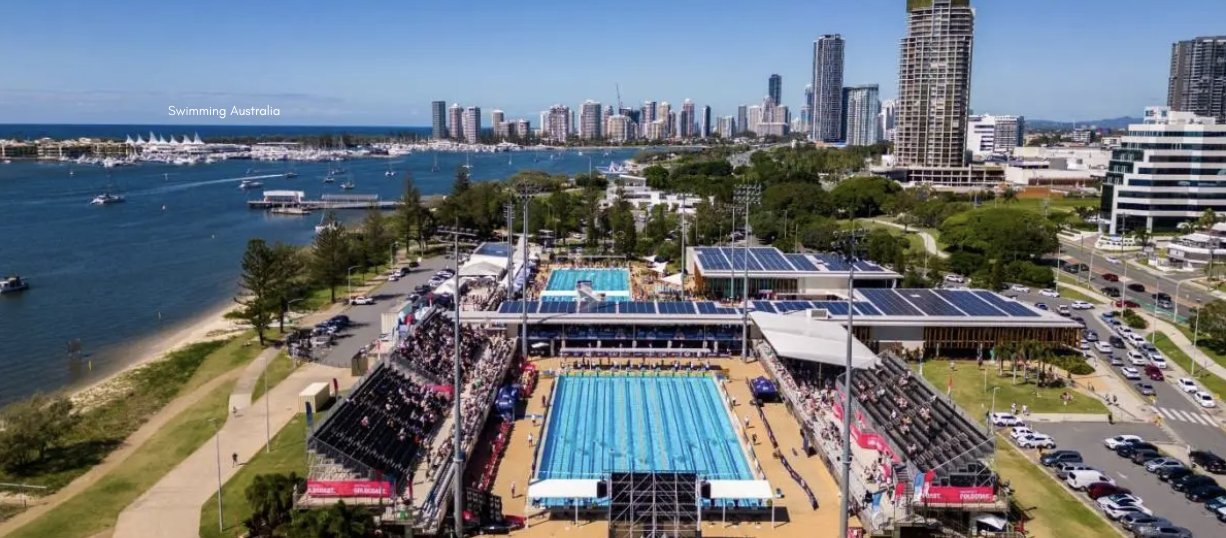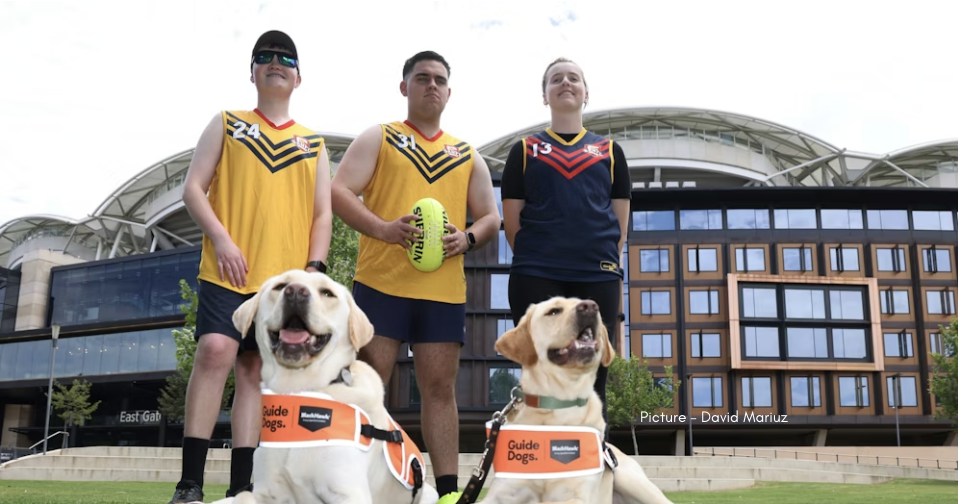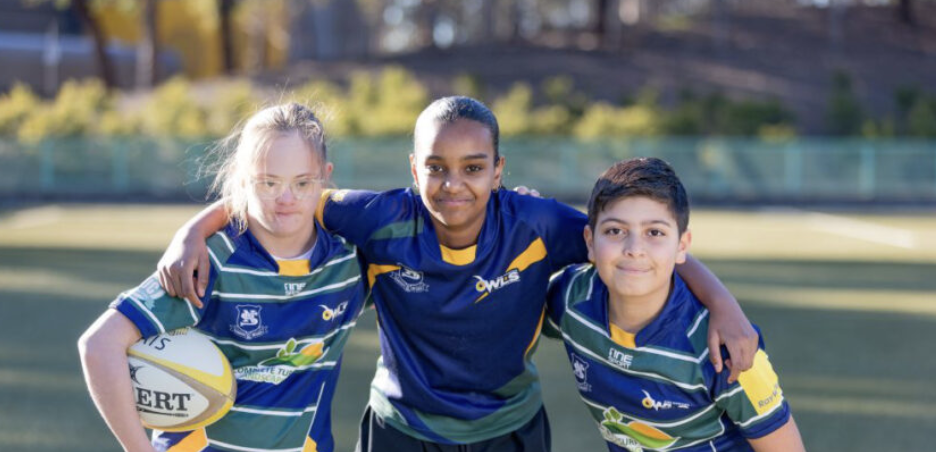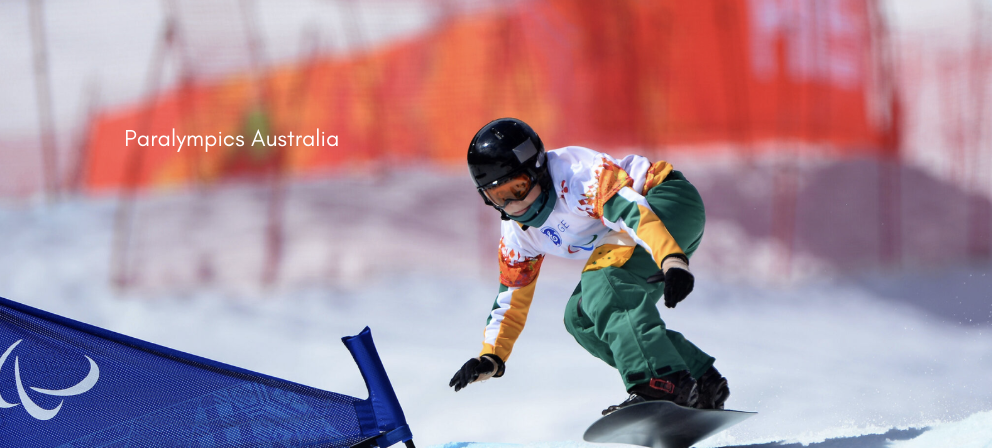From the circus to cross-country skiing, Australian duo Taryn Dickens and Lynn Maree Cullen are chasing Paralympic dreams at the upcoming Milano Cortina 2026 Winter Games.
After vision loss led Navy officer Dickens to discover para-Nordic skiing, she teamed up with long-time skier and former Flying Fruit Fly Circus performer Cullen as her sighted guide. Together, they’re breaking new ground for Australian para-Nordic representation, the first since 2010.
Cullen’s decades of experience and Dickens’ determination have quickly made them ones to watch, proving that passion and partnership can take you anywhere, even from Canberra to the Alps.

